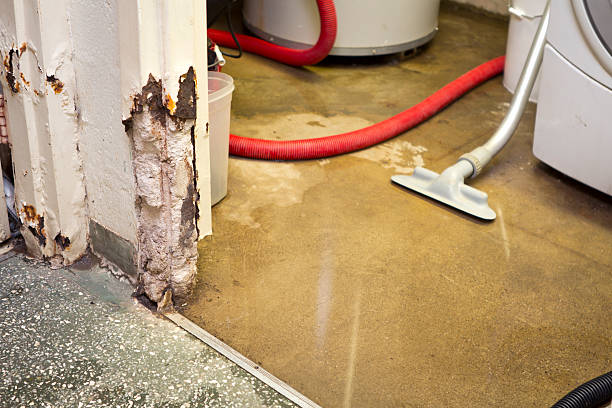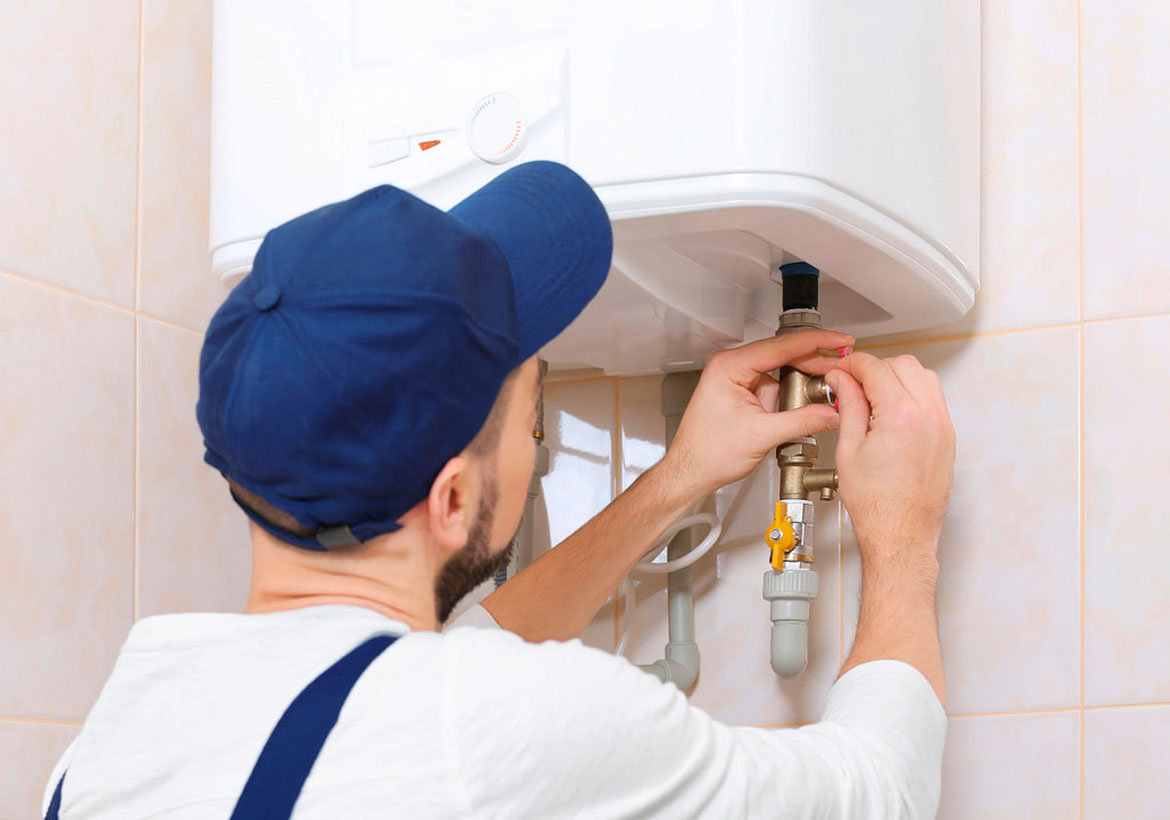Key Steps Residential Property Owners Should Consider While Handling Malfunctioning Water Heaters
Key Steps Residential Property Owners Should Consider While Handling Malfunctioning Water Heaters
Blog Article
The author is making a few great pointers about Maintaining & Draining a Water Heater in general in this great article directly below.

Whether it lies in the cellar or a different area, busted hot water heater can cause stress. A standard system holds 80 gallons, so an over night leakage will result in a flooding. This causes major residential property damage with soaked wall surfaces and also floors. Having no warm water supply is likewise troublesome. If you are handling these concerns, remember of the following:
Call the Plumber
After doing the very first 2 safety actions, you must call your plumber to come immediately to fix a fractured hot water heater. Bear in mind that your unit will not just conk out drastically overnight. There are normally indications that your aging water heater has debris buildup in the interior. Take note of the following:
Rather, as quickly as you find these indications, have an expert come to examine your water heater storage tank. Generally, water heaters have a life expectancy of concerning 8 to 12 years.
Cut Off the Cold Water Supply
Cut off the containers tap water supply from the resource. This goes from your major water line right into the container. When your tank is in good condition, the cold water stops filling when the tank is full. Considering that it is dripping, the water will certainly continue to stream. Shut the valve located on top of the heater. Rotate this clockwise to close it off. If you can not locate it or reach it, you need to switch off that major supply of water line outside your property.
Shut Down Source Of Power
Before calling the plumber, shut off a gas water heater by transforming the temperature dial. This is typically situated at the top of the thermostat. If you have a version that runs on electrical power, turn off the breaker. This will avoid electrocution, specifically if there is a leak as water is a conductor. Generally, the burner turns off when the water hits a certain temperature. However with a broken tank, it may malfunction. Sufficing off assures you remain secure.
Tidy up Residential or commercial property
After calling the plumber, record damage by taking notes and also images so you can declare your homeowner's insurance coverage. Remove any standing water to stop mold as well as mildew growth. If you have a completely submersible water pump, make use of that to drain the water.
Keep in mind, if you discover any type of issues with your water heating system, call the pros right away. You can not take this trouble gently because a damaged thermostat can elevate water temp to a dangerously high level, leading to unintended burns.
After doing the initial 2 security steps, you must call your plumber to come right away to fix a ruptured water heating unit. Instead, as soon as you identify these indicators, have actually a specialist come to inspect your water heating system storage tank. Prior to calling the plumber, shut off a gas water heater by turning the temperature level dial. If you have a completely submersible water pump, utilize that to drain the water. Remember, if you notice any kind of concerns with your water heater, call the pros right away.
Is My Water Heater Broken?
The Water Heater is Old
No appliance will last forever. This includes a home’s water heater. During its lifespan, residents are going to face a situation where a new water heater installation will be necessary. The biggest problem with this is that most people are not sure when their water heater expires. Not knowing this can lead to serious risks if the unit begins to act up due to old age.
Most makes and models of water heaters will last between eight and 10 years. While 10 years is the age when water heater replacement is highly recommended, the need to replace the unit may occur before this time or after. If the unit doesn’t show any symptoms of a problem, it is a good idea to replace it at the 10-year mark (from the manufacture date).
Some of the symptoms that indicate a new unit is needed include rusting, leaks, noises, and a failure to heat up the water. Also, note that not all units have a 10-year life expectancy. The main exception to this rule is that a gas unit will last for six to eight years.
Rusty Heater Inlet Valve or Water
While steel is the strongest material on earth, it does have a weakness – rust. If corrosion occurs on a steel surface, it will begin to spread and eat through the steel in certain areas. On water tanks and pipes that are made of steel, rust is a warning sign of an impending leak.
The issue for many is trying to figure out if the rust is coming from the water heater or the pipes that lead to the faucet. If rust is seen, it is a clear indication that water heater service from the professionals is needed.
If rusty water appears out of the faucets in the bathtub or sink, it likely means a rusty water heater. If there is rust near the water inlet or the pressure relief valve, rust has likely developed inside the tank. If tap water appears rusty, it may be an issue with the pipes.
Strange Sounds from the Water Heater
Are there strange sounds coming from the tank? As a water heater gets older, rumbling noises may develop and get louder and louder as the water in the tank heats up. In homes where large amounts of hot water are used, the issue is likely going to be even more obvious when more serious issues arise. If there is a strange or loud noise coming from the unit, it is probably because of sediment buildup. A good way to remedy this problem is by flushing the heater. If this does not work, then a new unit may need to be installed.
Leaks
As a water heater gets closer to the end of its useful life, there is a higher chance there will be water around the tank. If there is water, this usually means leaks are occurring. Based on where the unit is located in the home, a leak may result in serious property damage.
Leaks are usually caused by expansions in the metal tank. The expansions occur as time passes and as the inside body of the tank is exposed to multiple heating cycles per day. When a fracture forms, the gap will be slight enough to hold the water in; however, in more serious situations, this will not be the case. If the tank is idle, the water will not leak but when the metal expands during each heating system, small amounts of water will get through the gap.

As a devoted reader on Maintaining & Draining a Water Heater, I think sharing that piece of writing was really useful. Loved our blog? Please share it. Help other people check it out. Many thanks for your time. Visit again soon.
Efficient help? Call! Report this page